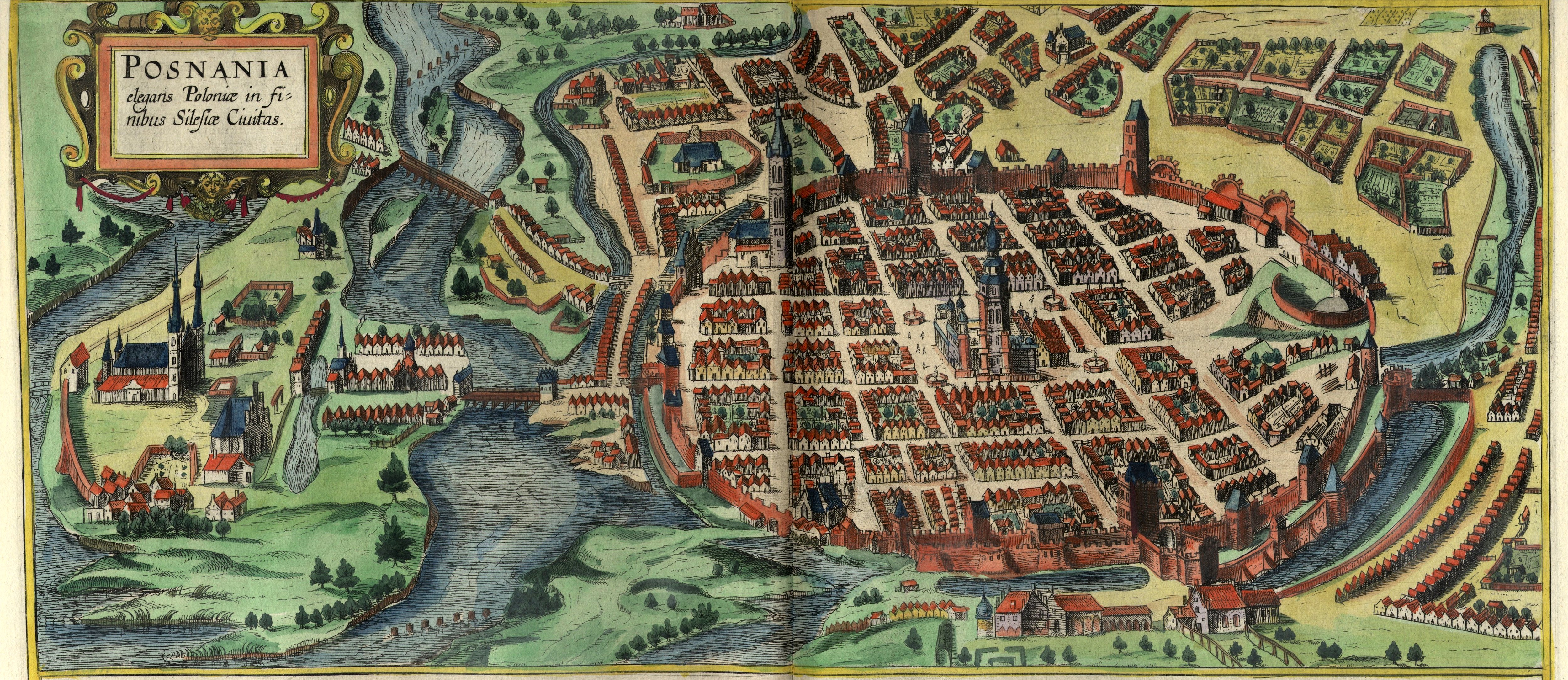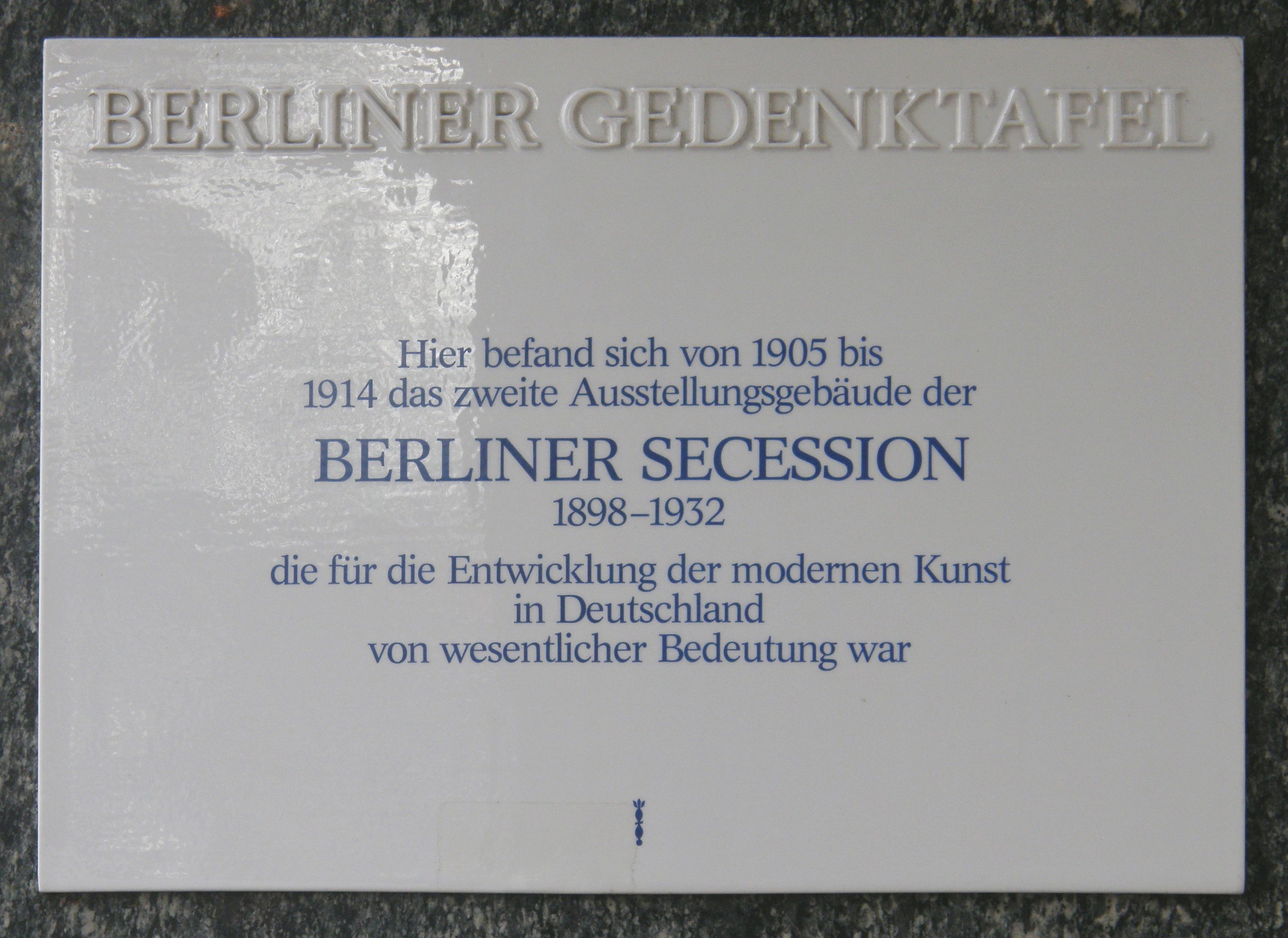|
Max Treitel
Max Treitel (December 17, 1890, in Poznań, Posen – after December 14, 1942, in Auschwitz concentration camp, Auschwitz) was a German painter. Life Treitel came from a very poor Jewish family. Losing his father at an early age, he grew up with his two sisters, Paula and Johanna, raised by their mother. Thanks to his talent, he received strong support from Gustav and Rosalie Goldschmidt, a couple from Posen. In Berlin-Charlottenburg, he attended the ''Studio for Painting and Sculpture'' for several years. As a student in Lovis Corinth's class, he was awarded the "class prize in recognition of his good achievements" on March 21, 1914. The jury for this prize included notable figures like Corinth, Max Liebermann, Professor Arthur Lewin-Funcke, and Martin Brandenburg. Treitel also worked as an illustrator, and was likely a member of the Berlin Secession. In the early 1920s, Max Treitel painted portraits of several Finnish people residing in Germany. In 1924, Treitel painted a p ... [...More Info...] [...Related Items...] OR: [Wikipedia] [Google] [Baidu] |
Poznań
Poznań ( ) is a city on the Warta, River Warta in west Poland, within the Greater Poland region. The city is an important cultural and business center and one of Poland's most populous regions with many regional customs such as Saint John's Fair, Poznań, Saint John's Fair (''Jarmark Świętojański''), traditional St. Martin's croissant, Saint Martin's croissants and a local dialect. Among its most important heritage sites are the Renaissance in Poland, Renaissance Old Town, Poznań Town Hall, Town Hall and Poznań Cathedral. Poznań is the fifth-largest List of cities and towns in Poland#Cities, city in Poland. As of 2023, the city's population is 540,146, while the Poznań metropolitan area (''Metropolia Poznań'') comprising Poznań County and several other communities is inhabited by over 1.029 million people. It is one of four historical capitals of medieval Poland and the ancient capital of the Greater Poland region, currently the administrative capital of the pr ... [...More Info...] [...Related Items...] OR: [Wikipedia] [Google] [Baidu] |
Berlin Secession
The Berlin Secession was an art movement established in Germany on May 2, 1898. Formed in reaction to the Association of Berlin Artists, and the restrictions on contemporary art imposed by Wilhelm II, German Emperor, Kaiser Wilhelm II, 65 artists "seceded," demonstrating against the standards of academic or government-endorsed art. The movement is classified as a form of German Modernism, and came on the heels of several other Secession (art), secessions in Germany, including Jugendstil and the Munich Secession. History Rise and reign of the Secession The upheavals that led to the formation of the Berlin Secession began in 1891 on the occasion of the Great International Art Exhibition in Berlin. A dispute began after the commission of the Association of Berlin Artists rejected images done by Edvard Munch. In May 1898, under the leadership of Walter Leistikow, Franz Skarbina and Max Liebermann, various artists converged to form a "free association for the organization of art ... [...More Info...] [...Related Items...] OR: [Wikipedia] [Google] [Baidu] |
German People Who Died In Auschwitz Concentration Camp
German(s) may refer to: * Germany, the country of the Germans and German things **Germania (Roman era) * Germans, citizens of Germany, people of German ancestry, or native speakers of the German language ** For citizenship in Germany, see also German nationality law **Germanic peoples (Roman era) *German diaspora * German language * German cuisine, traditional foods of Germany People * German (given name) * German (surname) * Germán, a Spanish name Places * German (parish), Isle of Man * German, Albania, or Gërmej * German, Bulgaria * German, Iran * German, North Macedonia * German, New York, U.S. * Agios Germanos, Greece Other uses * German (mythology), a South Slavic mythological being * Germans (band), a Canadian rock band * "German" (song), a 2019 song by No Money Enterprise * ''The German'', a 2008 short film * "The Germans", an episode of ''Fawlty Towers'' * ''The German'', a nickname for Congolese rebel André Kisase Ngandu See also * Germanic (disambiguatio ... [...More Info...] [...Related Items...] OR: [Wikipedia] [Google] [Baidu] |
Jewish Museum Frankfurt
The Jewish Museum Frankfurt am Main is the oldest independent Jewish Museum in Germany. It was opened by Federal Chancellor Helmut Kohl on 9 November 1988, the 50th anniversary of ''Kristallnacht''. The Jewish Museum collects, preserves and communicates the nine-hundred-year-old Jewish history and culture of the City of Frankfurt from a European perspective. It has a permanent exhibition at two venues: the Museum Judengasse at Battonstraße 47 focuses on the theme of the history and culture of Jews in Frankfurt during the early modern period; the Jewish Museum in the Rothschildpalais at Untermainkai 14/15 presents Jewish history and culture since 1800. The museum was refurbished and expanded between 2015 and 2020. The focus of the collection is on the areas ceremonial culture, fine arts and family history. The museum has extensive holdings related to the Rothschild family and the Anne Frank family which will be presented in the new permanent exhibition. The Ludwig Meidner Archive ... [...More Info...] [...Related Items...] OR: [Wikipedia] [Google] [Baidu] |
Stolperstein
A (; plural ) is a concrete cube bearing a brass plate inscribed with the name and life dates of victims of Nazi extermination or persecution. Literal translation, Literally, it means 'stumbling stone' and metaphorically 'stumbling block'. The project, initiated by the German artist Gunter Demnig in 1992, aims to commemorate persons at the last place that they chose freely to reside, work or study (with exceptions possible on a case-by-case basis) before they fell victim to Nazi terror, Aktion T4, forced euthanasia, Nazi eugenics, eugenics, deportation to a Nazi concentration camp, concentration or extermination camp, or escaped persecution by emigration or suicide. , 100,000 have been laid, making the project the world's largest decentralized memorial. The majority of commemorate Jewish victims of the Holocaust. Others have been placed for Sinti#The Holocaust, Sinti and Porajmos, Romani people (then also called "gypsies"), The Holocaust in Poland, Poles, Persecution o ... [...More Info...] [...Related Items...] OR: [Wikipedia] [Google] [Baidu] |
Johannes Michael Buckx
Johannes is a Medieval Latin form of the personal name that usually appears as "John" in English language contexts. It is a variant of the Greek and Classical Latin variants (Ιωάννης, '' Ioannes''), itself derived from the Hebrew name '' Yehochanan'', meaning "YHWH is gracious". The name became popular in Northern Europe, especially in Germany because of Christianity. Common German variants for Johannes are ''Johann'', ''Hannes'', '' Hans'' (diminutized to ''Hänschen'' or ''Hänsel'', as known from "''Hansel and Gretel''", a fairy tale by the Grimm brothers), '' Jens'' (from Danish) and ''Jan'' (from Dutch, and found in many countries). In the Netherlands, Johannes was without interruption the most common masculine birth name until 1989. The English equivalent for Johannes is John. In other languages *Joan, Jan, Gjon, Gjin and Gjovalin in Albanian *''Yoe'' or '' Yohe'', uncommon American form''Dictionary of American Family Names'', Oxford University Press, 2013. *Yaḥyā ... [...More Info...] [...Related Items...] OR: [Wikipedia] [Google] [Baidu] |
Alfred Richard Meyer
Alfred Meyer (4 August 1882 – 9 January 1956) was a German writer. His work was part of the literature event in the art competition at the 1932 Summer Olympics The 1932 Summer Olympics (officially the Games of the X Olympiad and also known as Los Angeles 1932) were an international multi-sport event held from July 30 to August 14, 1932, in Los Angeles, California, United States. The Games were held du .... References 1882 births 1956 deaths 20th-century German male writers Art competitors at the 1932 Summer Olympics People from Schwerin {{Germany-writer-stub ... [...More Info...] [...Related Items...] OR: [Wikipedia] [Google] [Baidu] |
Auschwitz Concentration Camp
Auschwitz, or Oświęcim, was a complex of over 40 Nazi concentration camps, concentration and extermination camps operated by Nazi Germany in Polish areas annexed by Nazi Germany, occupied Poland (in a portion annexed into Germany in 1939) during World War II and the Holocaust. It consisted of #Auschwitz I, Auschwitz I, the main camp (''Stammlager'') in Oświęcim; #Auschwitz II-Birkenau, Auschwitz II-Birkenau, a concentration and extermination camp with gas chambers, #Auschwitz III, Auschwitz III-Monowitz, a Arbeitslager, labour camp for the chemical conglomerate IG Farben, and List of subcamps of Auschwitz, dozens of subcamps. The camps became a major site of the Nazis' final solution, Final Solution to the Jewish question. After Germany Causes of World War II#Invasion of Poland, initiated World War II by Invasion of Poland, invading Poland in September 1939, the ''Schutzstaffel'' (SS) converted Auschwitz I, an army barracks, into a prisoner-of-war camp. The initial transpo ... [...More Info...] [...Related Items...] OR: [Wikipedia] [Google] [Baidu] |
Georg Büchner
Karl Georg Büchner (17 October 1813 – 19 February 1837) was a German dramatist and writer of poetry and prose, considered part of the Young Germany movement. He was also a revolutionary and the brother of physician and philosopher Ludwig Büchner. His literary achievements, though few in number, are generally held in great esteem in Germany and it is widely believed that, had it not been for his early death, he might have joined such central German literary figures as Johann Wolfgang von Goethe and Friedrich Schiller at the summit of their profession. Life and career Born in Riedstadt, Goddelau (now part of Riedstadt) in the Grand Duchy of Hesse as the son of a physician, Büchner attended the Darmstadt Gymnasium (school), gymnasium, a humanism, humanistic secondary school."Büchner, Georg." Garland, Henry and Mary (Eds.). ''The Oxford Companion to German Literature''. 2nd ed. Oxford: Oxford University Press, 1986. p. 121. In 1828, he became interested in politics and jo ... [...More Info...] [...Related Items...] OR: [Wikipedia] [Google] [Baidu] |





